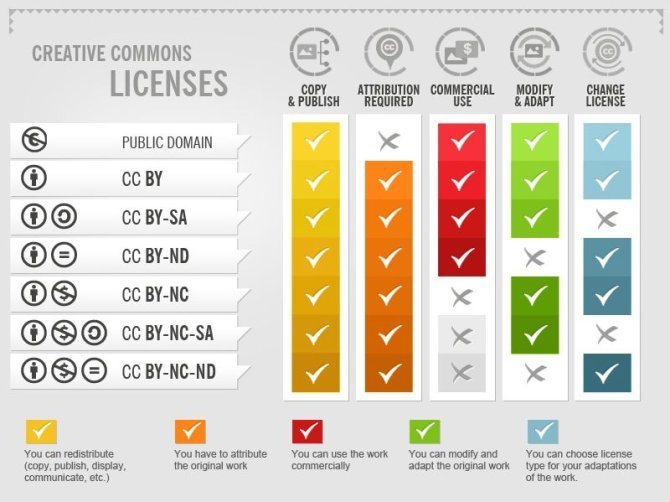Delayed Publication and Copyright Information
Restricting Access/Delayed Publication
A thesis or dissertation submitted electronically with no requests for restriction by the student will be published during the graduation clearance process.
On occasion, a student may request a delay in the publication of the thesis or dissertation if immediate release may influence publishing a book or seeking a patent. If this is the case, the Request for Delayed Publication Form must be submitted along with the proper approval forms. Generally, the Graduate College discourages the use of delayed publication without reasonable cause.
Questions should be directed to the Graduate College.
Using Part of Your Document for a Journal Submission
Many journals do not require a delay in publication and instead allow you to publish for educational purposes because they are aware that it is a requirement for graduation. If you will be using part of your document for a journal article, please make sure to let the journal know in advance because many publications run your submission through a plagiarism checker.
Copyright
Your paper is automatically protected by copyright as soon as it is created in a tangible form, including being saved as an electronic file. However, you may choose the additional protection of registering your copyright. Both thesis and dissertation students can file a copyright registration on-line with the U.S. Copyright Office. The U.S. Copyright Office charges a fee of $35.00 for you to register your document.
According to copyright.gov, "copyright, a form of intellectual property law, protects original works of authorship including literary, dramatic, musical, and artistic works, such as poetry, novels, movies, songs, computer software, and architecture." This means any original content you create in a tangible format is considered to have a copyright. This includes your scholarly work.
Copyright does not protect facts, ideas, systems, or methods of operation, although it may protect the way these things are expressed. (copyright.gov)
In general, the author(s) of a work own the copyright. Students also hold the copyright of their own creative and scholarly works.
Items on the internet are covered by copyright. This includes but is not limited to music, videos, pictures, forms, surveys, articles, and more. Some items may have terms and conditions of acceptable use for images and text that you discover online. Please review these before using any content.
Material on a website, in a journal article, book, or other document are copyrighted. To gain permission to use such material, most publishers have online methods available to make this request. If they do not, you can write a letter. Permission must be granted to you in writing. You will then add this as an appendix in your document. If the copyright has expired or the work is in the public domain, you will not need permission. Please note this in the information below the figure. Data does not have a copyright. Therefore, you can use the data to create your own figure.
Are you the sole author? Yes, then you will need to check the copyright transfer agreement because you may have transfered the copyright to the publisher. Some publishers allow you to retain certain rights, which might include reprinting the article in a thesis or dissertation. If you are not the sole author of the article, but retain rights, you still need to seek permission from the other author(s) of the article. Please document that you have permission to use the article or have retained the right to publish the article as an appendix in your document.
Types of Creative Commons Licenses

Creative Commons Licenses by Foter (CC-BY-SA)
How Do I attribute a Creative Commons License of a photo in my thesis or dissertation?
1. List the title of the work when possible and include the link to where the original work is hosted
2. List the author of the work and a link to their profile
3. Give reusers a link to the resource
4. List the Creative Commons license type (long or short) and link to the full license
In the photo above we included the short Creative Commons license title.
For more information, visit the website Creative Commons, About the Licenses.
For further information about copyright please see Copyright.gov. The Copyright Clearance Center has information about copyright and offers you the ability to search for and obtain permission to use copyrighted material. The U.S. Copyright Office provides information about How to Investigate the Copyright Status of a Work. The Society of American Archivists also provides further guidance about Copyright and Unpublished Materials. If you are unable to idenfiy or locate the current copyright owner, this maybe known as an “Orphan Work.” The Society of American Archivists also provides advice about documenting searches for copyright owners and using orphan works.
Kenneth Crews on Protecting your scholarship (YouTube)
Know Your Rights: Who Really Owns Your Scholarly works (YouTube)
Updated: 01/28/2026 09:43AM
